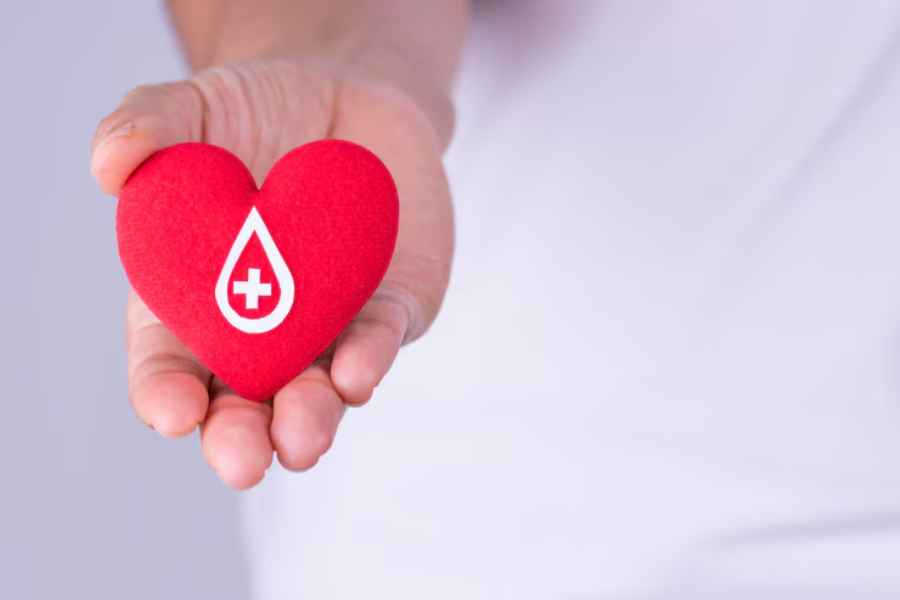
Every year on June 14th, we celebrate World Blood Donor Day, a global event dedicated to raising awareness about the importance of blood donation and thanking voluntary blood donors for their life-saving contributions. Established by the World Health Organization (WHO) in 2004, World Blood Donor Day emphasizes the need for safe blood and blood products and aims to encourage more people to become regular blood donors.
The theme for this year, “Share Life, Give Blood,” highlights the critical role of blood donation in saving lives and improving health.
Understanding Blood Donation
Donating blood is a voluntary process where you give blood that can be used for transfusions or made into medications. Each donation can save multiple lives because it can be separated into red cells, plasma, and platelets. Let’s talk about the benefits of blood donation for both recipients and donors this Blood Donation Day and understand why it’s important to keep donating regularly.
The Importance of Blood Donation
Blood is an essential resource for planned treatments and urgent interventions. It helps patients suffering from life-threatening conditions live longer and with a higher quality of life, and it supports complex medical and surgical procedures. It’s also crucial for treating injuries during emergencies like natural disasters, accidents, and armed conflicts, and it plays a life-saving role in maternal and perinatal care.
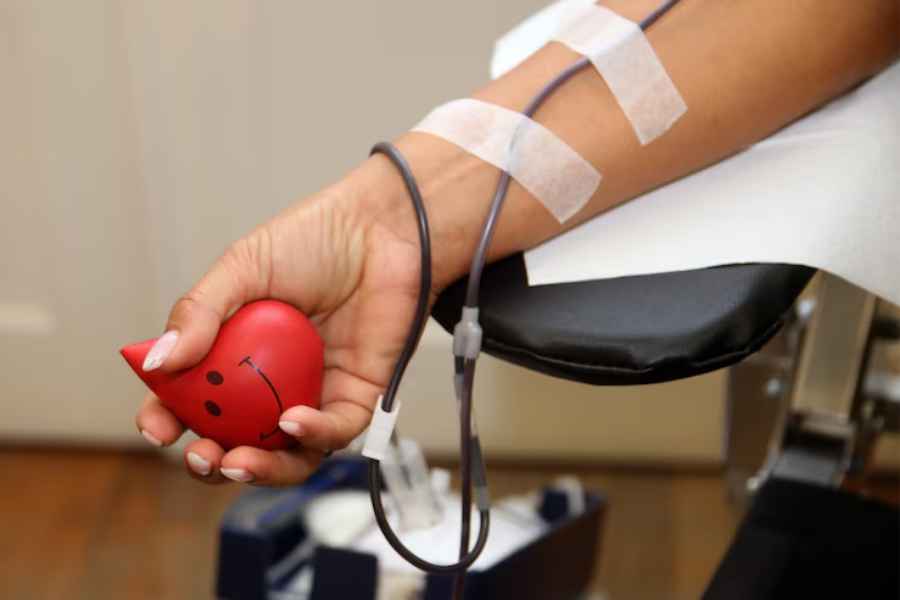
Benefits for Recipients
The primary benefit of blood donation is, of course, to the recipients. Here are some key ways blood donation can help save lives:
- Emergency Situations: In cases of severe trauma or during surgery, immediate access to blood is crucial. Donated blood can be the difference between life and death.
- Chronic Illness Management: Patients with conditions like anemia, cancer, and hemophilia rely on regular blood transfusions to manage their symptoms and maintain their health.
- Maternal and Child Care: During childbirth, severe bleeding can occur, and donated blood can save the lives of both mother and child.
Benefits for Donors
While the benefits to recipients are clear, blood donation also offers several advantages to the donors themselves. Here’s how donating blood can be beneficial for your brain health and well-being:
- Health Check-Up: Each time you donate, you undergo a basic health screening. This includes checking your blood pressure, hemoglobin levels, and overall health status, which can help in the early detection of potential health issues.
- Reduced Risk of Certain Health Conditions: Regular blood donation has been linked to a lower risk of heart disease and cancer. This is thought to be due to the reduction of iron levels in the body, which can reduce oxidative damage to cells.
- Improved Mental Health: Knowing that you’ve helped save lives can give a profound sense of well-being and purpose. It fosters a sense of community and altruism.
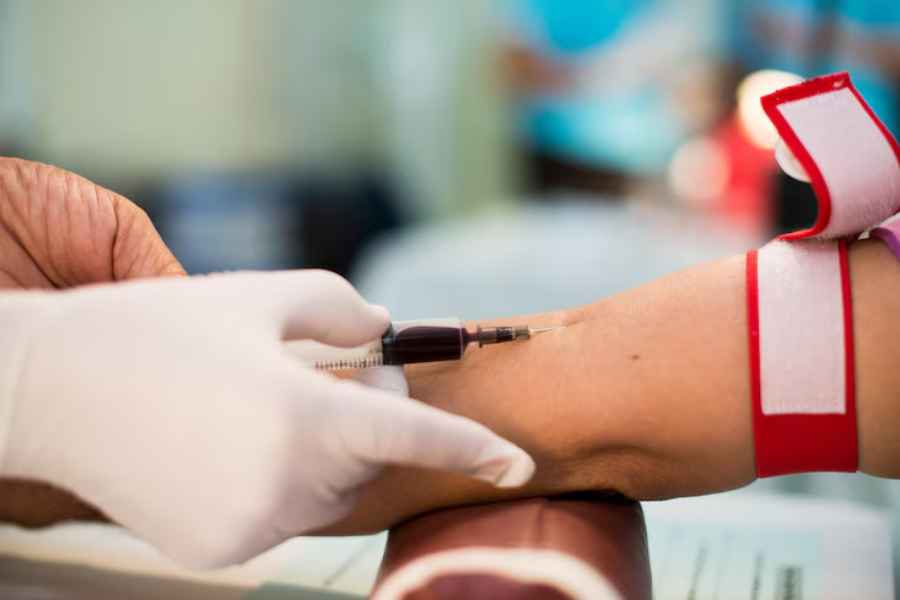
The Process of Blood Donation
Understanding the blood donation process can help alleviate any fears or misconceptions. Here is a step-by-step guide:
- Registration: Upon arrival at the donation center, you’ll be asked to complete a registration form with your details.
- Health Screening: A health professional will perform a quick health check, including questions about your medical history and a physical assessment.
- Donation: The actual blood donation process takes about 10 minutes. You will donate approximately one pint of blood.
- Recovery: After donating, you’ll rest for a few minutes, have a snack, and ensure you feel well before leaving.
Types of Blood Donation
There are different types of blood donations, each serving unique purposes:
- Whole Blood Donation: The most common type, where approximately one pint of whole blood is donated. This can be separated into its components: red cells, plasma, and platelets.
- Platelet Donation: Platelets are essential for patients undergoing chemotherapy, organ transplants, or surgeries, as they help blood clot.
- Plasma Donation: Plasma is used for patients with liver conditions, burns, and severe infections. The process is similar to whole blood donation but involves separating plasma from other blood components.
- Double Red Cell Donation: This involves donating two units of red cells, which are crucial for trauma patients and those undergoing surgery.
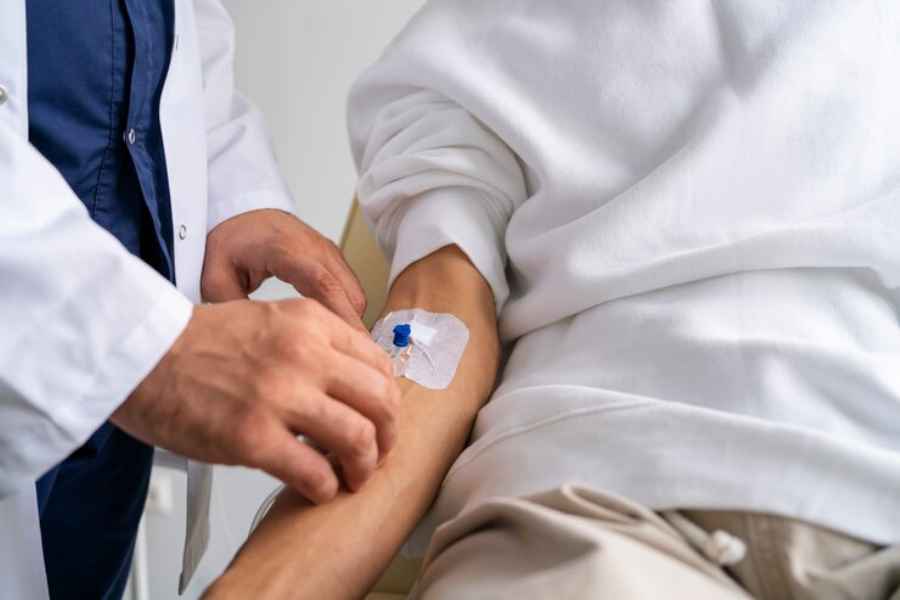
Universal Blood Donor Blood Group
One of the critical aspects of blood donation is the compatibility of blood types. The universal blood donor blood group, O-negative, is particularly important because it can be transfused to patients of any blood type, making it invaluable in emergencies. World Blood Donor Day highlights the importance of maintaining a robust supply of O-negative blood, as it can save lives when there is no time to determine the recipient’s blood type.
How to Become a Regular Blood Donor
Becoming a regular blood donor is simple and incredibly impactful. Here are steps to help you get started:
- Find a Local Donation Center: Use resources like the American Red Cross or local blood banks to locate a donation center near you.
- Check Eligibility: Ensure you meet the eligibility criteria, which generally include being in good health, weighing at least 110 pounds, and being at least 17 years old.
- Schedule an Appointment: Contact your local donation center to schedule a donation appointment.
- Stay Healthy: Maintain a healthy diet, stay hydrated, and get plenty of rest before donating.
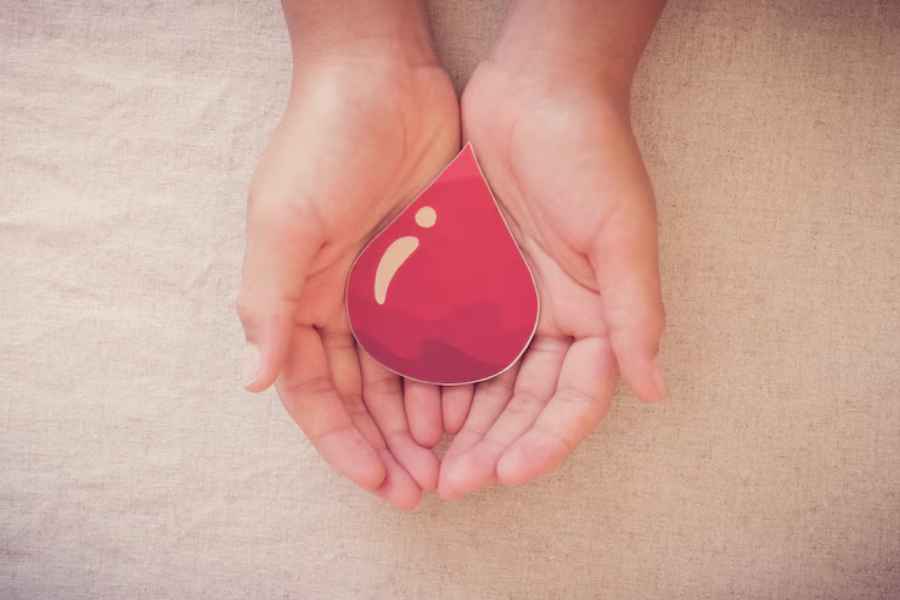
The Role of Awareness and Community Engagement
World Blood Donor Day is not just about individual donations but also about community and organizational efforts to promote blood donation. Schools, businesses, and community organizations can play a pivotal role by organizing blood drives, raising awareness, and encouraging more people to donate.
Future of Blood Donation and Blood Donor
With advancements in medical technology, the future of blood donation looks promising. Innovations such as artificial blood, improved blood storage techniques, and enhanced screening methods are being researched and developed. These advancements could potentially make blood donation more efficient and effective, ensuring a steady supply of safe blood for those in need.
This Blood Donation Day, take the pledge to donate blood and encourage others to do the same. Share life, give blood, and be a part of a global movement that brings hope and healing to countless individuals around the world. Together, we can make a significant difference.
Follow us: Best Neuro Care

